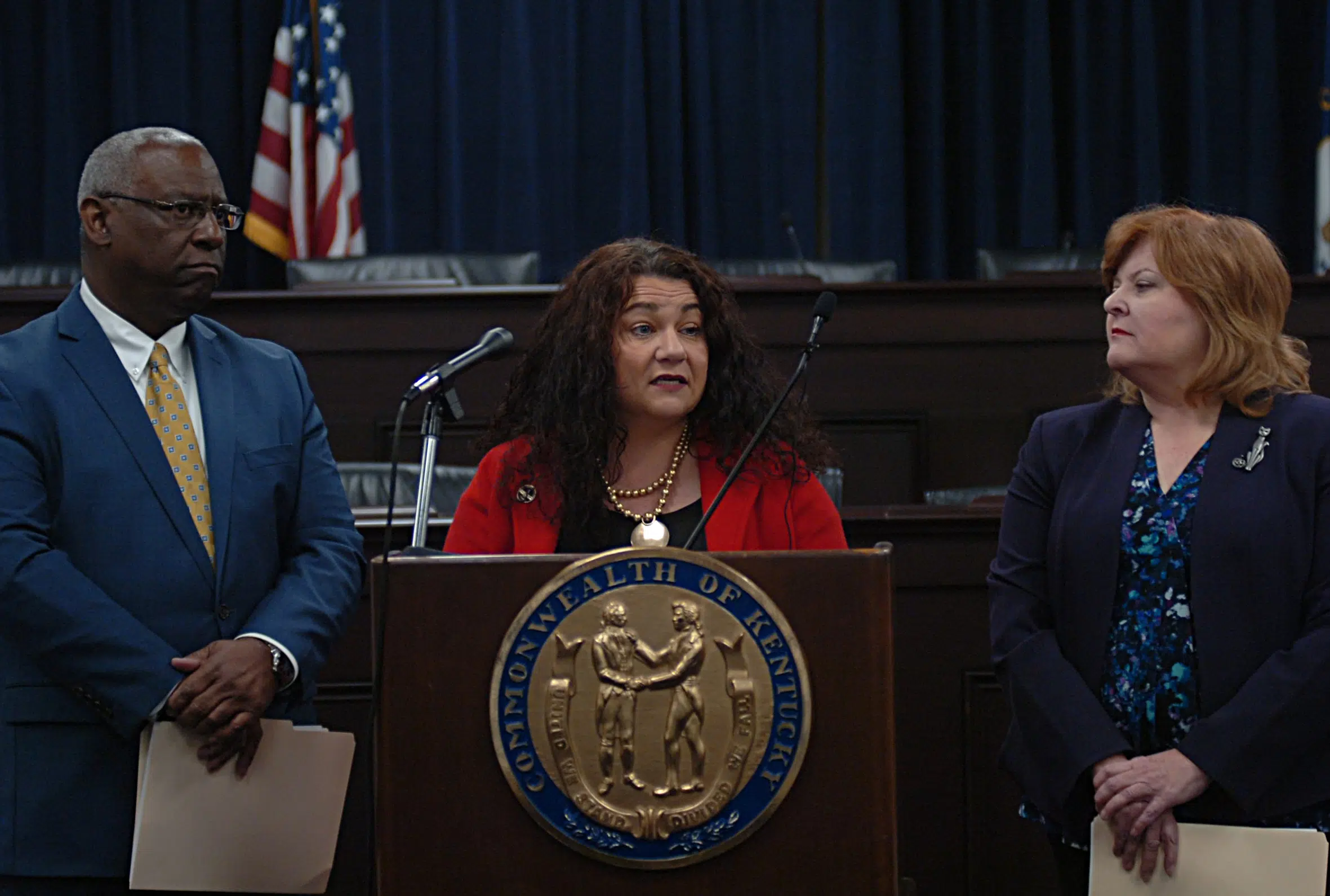The current congressional calendar, with its Monday evening to Thursday afternoon schedule, has long been criticized for creating inefficiencies in legislative workflow and limiting congressional productivity. Recent analysis reveals opportunities for significant improvement through strategic scheduling reforms that could transform how Congress operates.
The Current Challenge
Existing Schedule Limitations
- Brief three-day work weeks
- Excessive travel time
- Overlapping committee meetings
- Reduced legislative effectiveness
- Limited oversight capacity
Proposed Solutions
BPC Calendar Innovation
The Bipartisan Policy Center’s proposed 2025 House calendar offers substantial improvements:
- Quantifiable Benefits:
- 20 additional full session days
- 18 fewer travel days
- Maintained August recess
- Protected district time
- Strategic Advantages:
- Enhanced legislative productivity
- Reduced travel burden
- Improved constituent engagement
- Better work-life balance
Block Scheduling Implementation
Optimized Committee Structure
The proposed block system divides committees into three efficient groups:
Block A
- Agriculture
- Budget
- Education and Workforce
- Homeland Security
- Natural Resources
- Intelligence
Block B
- Ethics
- Foreign Affairs
- House Administration
- Oversight and Accountability
- Rules
- Science and Technology
- Small Business
- Veterans’ Affairs
Block C
- Appropriations
- Armed Services
- Energy and Commerce
- Financial Services
- Judiciary
- Transportation
- Ways and Means
Conflict Reduction
Statistical analysis shows:
- 85% reduction in potential conflicts
- Improved committee attendance
- Enhanced member participation
- More efficient use of time
Technology Integration
Digital Solutions
Recent technological improvements include:
- Deconflict Tool:
- Committee scheduling optimization
- Real-time conflict identification
- Automated scheduling assistance
- HouseCal Platform:
- Expanded functionality
- Comprehensive time management
- Integrated scheduling solutions
Implementation Recommendations
Immediate Actions
- Adopt block scheduling system
- Mandate Deconflict platform usage
- Update House rules
- Implement calendar reforms
Long-term Strategies
- Regular schedule evaluation
- Technology enhancement
- Continuous optimization
- Performance metrics tracking
Benefits Analysis
Institutional Improvements
- Enhanced committee effectiveness
- Increased legislative output
- Better oversight capabilities
- Improved member satisfaction
Practical Advantages
- Reduced travel fatigue
- More efficient time usage
- Better constituent service
- Enhanced work quality
Future Considerations
Ongoing Development
Key areas for continued focus:
- Technology integration
- Schedule optimization
- Member feedback
- Performance monitoring
Success Metrics
Important tracking factors:
- Committee attendance rates
- Legislative productivity
- Member satisfaction
- Constituent engagement
The proposed calendar and scheduling reforms represent a significant opportunity to enhance congressional effectiveness. By implementing these changes, Congress can better serve its constitutional duties while improving the work-life balance of its members.











